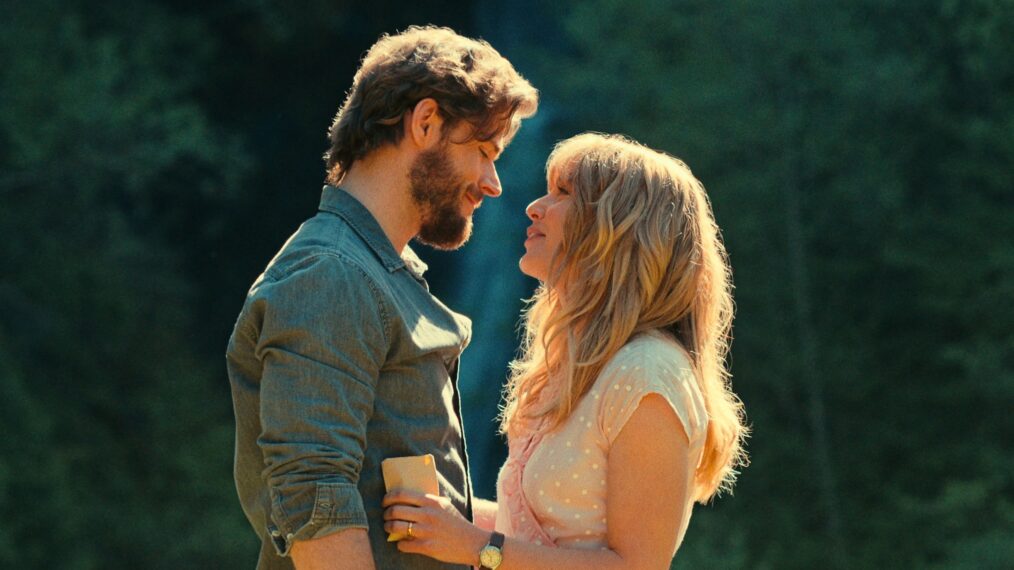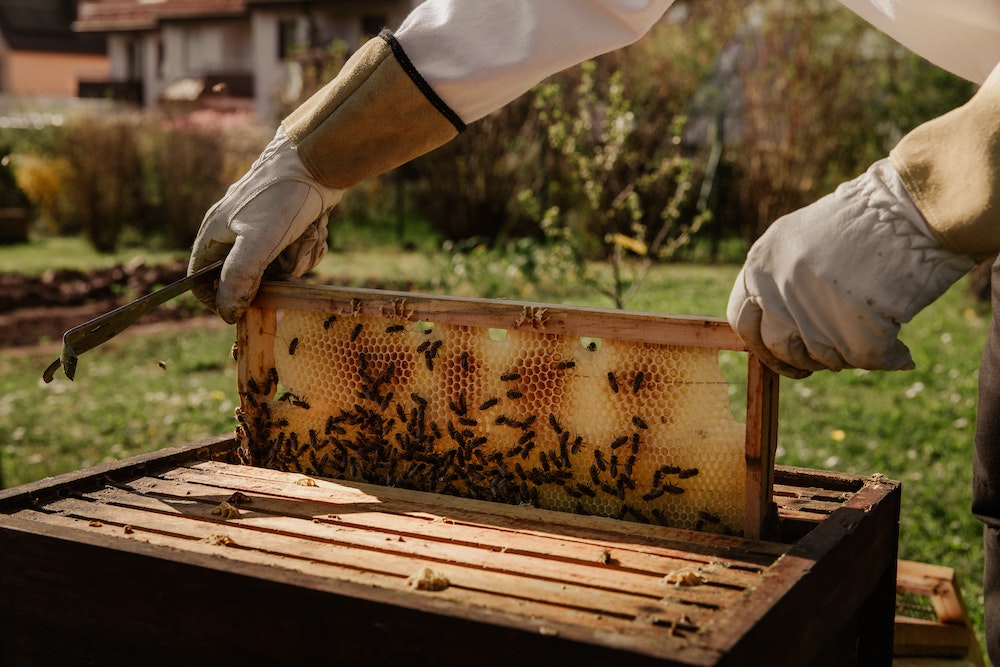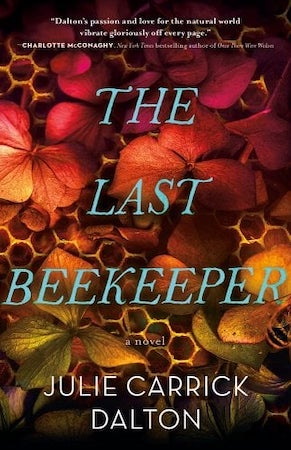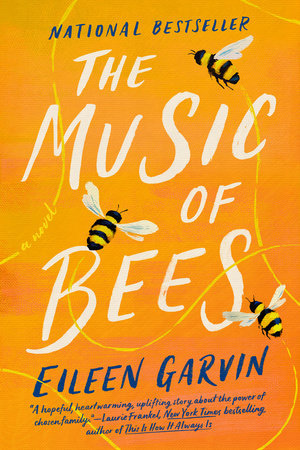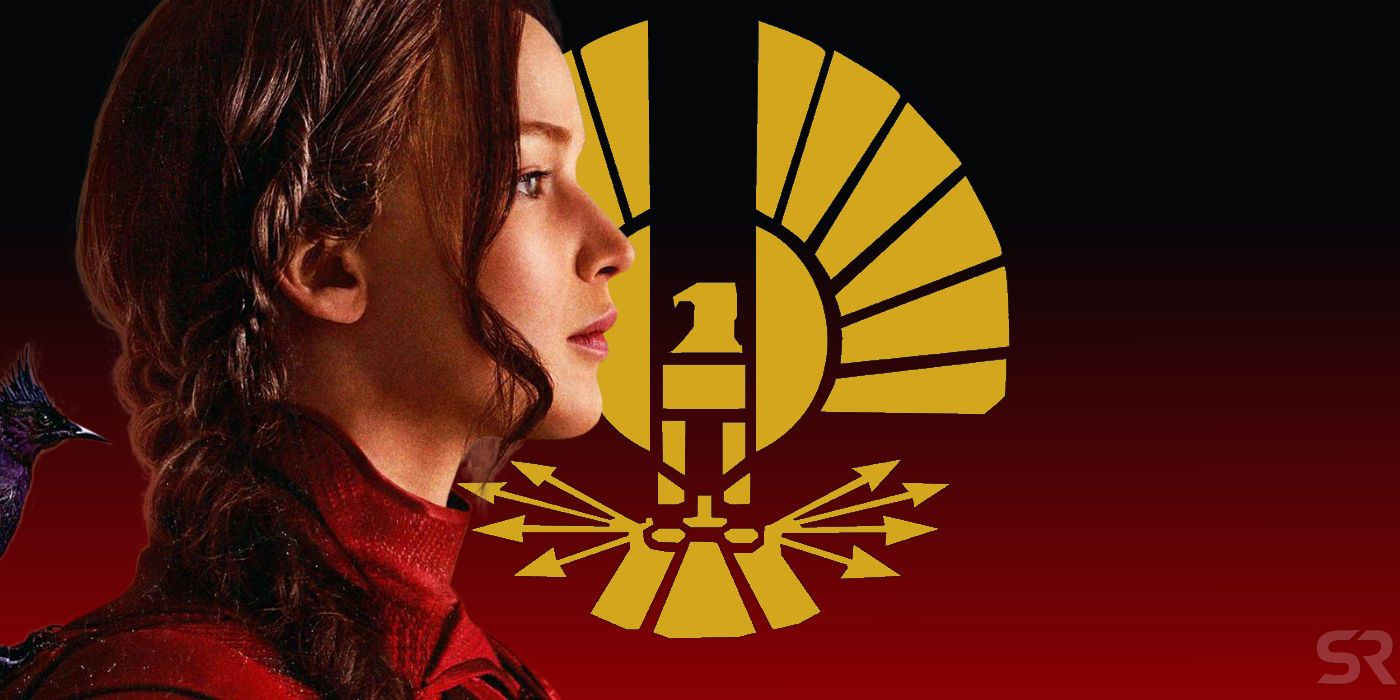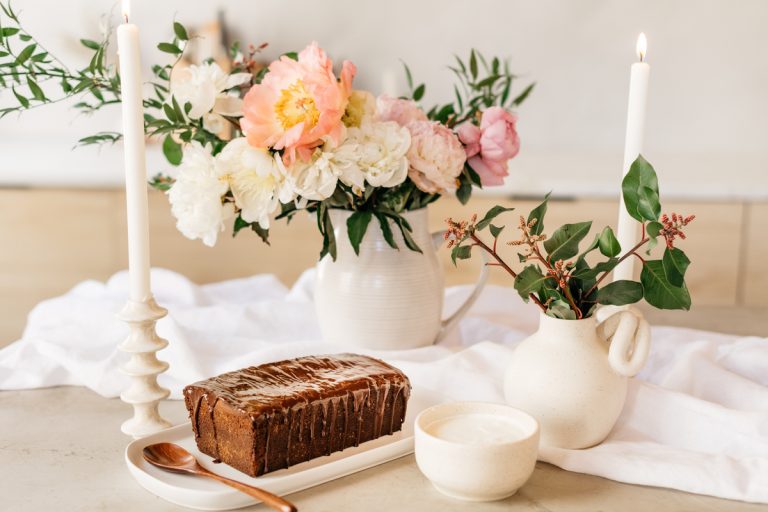Several years ago, on a perfect August day, I lost 40,000 honey bees. My hive had been flourishing, the honeycomb filling out the frames, the brood thriving in perfect wax cells. Yet there they lay, in a pile outside the wooden hive I’d built with my own hands. The following year, it happened again. As I mourned the loss of the bees—presumably from toxic lawn chemicals used in my immaculately landscaped suburban neighborhood—I couldn’t stop wondering about the native pollinators. What if they were dying too? How would we live in a world without them?
This “what if” led to the inspiration for The Last Beekeeper, my near-future novel about the tenuous relationship between a beekeeper and his daughter as the world’s pollinator population collapses. It’s a story about self-discovery, found family, redemption, and hope in the face of global crisis.
Bees, which can conjure whimsy and terror in equal measure, make for a beguiling subject for writers. We assign them characteristics such as altruism, a strong work ethic, and loyalty. They make honey and beeswax. They are often associated with mysticism. They can sting, even kill. The fact that they pollinate a third of the food we eat, and that they are under threat, creates immediate tension. In other words, unlike their equally important pollinator cousins – hornets, wasps, and yellowjackets – bees make for complicated, sympathetic characters and fabulous metaphors.
I’m not the only writer fascinated by bees and concerned about their welfare. When I sold The Last Beekeeper to my publisher in 2019, there weren’t any books listed with that title. As of my publication date, there are now five. They come from different continents and represent varied genres. My hope is that if we share these stories, if we ban the chemicals known to harm our pollinators, improve industrial agricultural practices, plant with native pollinators in mind, and treat our land with respect, no beekeeper will have to worry about being The Last.
This list of novels featuring bees and beekeepers from around the world is brimming with longing, fear, and hope, as well as explorations of human relationships and challenges to political structures. I invite you to listen to the hum of the hive and fall in love with the mythology and the mystique. But, as you read about the honey bees, I hope you will think of them as your gateway pollinator, a reason to care about the fate of all of our pollinators. Even the wasps.
Mad Honey by Jodi Picoult and Jennifer Finney Boylan
Mad Honey is part coming-of-age, part romance, part courtroom drama, all of which add up to a riveting and tender page-turner. Olivia, a beekeeper, is desperate to believe her son did not kill his girlfriend, Lily, who tells her own version of the story in reverse, moving backward from the time of her mysterious death. Mad Honey’s structure—Olivia’s timeline moving forward while Lily’s timeline moves in reverse— builds suspense as the reader tears through the book to find out what really happened to Lily and why. Throughout Mad Honey, Olivia’s observations about bees burst with metaphors for how we survive in community, and about identity, gender, vulnerability, and selflessness.
Grey Bees by Andrey Kurkov, translated by Boris Dralyuk
Grey Bees, by Ukranian author Andrey Karkov, is a particularly timely novel about a beekeeper, Sergey, who must move his beehive to find pollen. His travels take him away from his home in Donbas, or the grey zone between the separatist pro-Russian territory and the rest of Ukraine. Eventually, Sergey, who tries to remain apolitical, makes his way to Crimea with his bees. When Russian sympathizers become suspicious of Sergey’s loyalties, he finds his safety threatened. Even worse, his bees could be in danger. In the forward to Grey Bees, Karkov writes: “The second half of this novel is, in some ways, my personal farewell to the Crimea that may never exist again.”
The Beekeeper of Aleppo by Christy Lefteri
The Beekeeper of Aleppo follows the story of Nuri, a beekeeper from Aleppo, Syria, and his wife, Afra, as war forces them to flee their home and apiary. As they make their way toward the U.K. where Nuri hopes to work in his cousin’s apiary, they lean into the dream of keeping bees as a source of hope in their darkness. Nuri’s tenderness toward and reverence for the bees girds this heartbreaking story with unexpected optimism.
The History of Bees by Maja Lunde
Norwegian author Maja Lunde’s The History of Bees weaves three stories about the past, present, and future of beekeeping. In 1852 a beekeeper innovates a new way to keep bees; In 2007 a contemporary beekeeper wrestles with threats to our pollinators; and in 2098, in a world without bees, a woman employed as a hand pollinator must uncover what happened to her son. This theme of bees and beekeeping binds the three timelines together, as does the author’s focus on the human relationships that shape our lives.
The Ardent Swarm by Yamen Manai, translated by Lara Vergnaud
In the small North African village of Nawa, Sidi, a bee whisperer, is devastated when an invader destroys his beehive. His quest to find out what happened to his bees takes Sidi deep into a city torn apart amid the Arab Spring unrest. This book reads like a parable, drawing connections between the bees living in peaceful community and the quiet village of Nawa. The invading force that destroyed the bees—a non-native swarm of hornets—stands in for the religious fundamentalism dividing the country. The Ardent Swarm, written by Tunisan author Yamen Manai, takes on heavy subject matters with warmth and touches of humor.
The Last Beekeeper by Pablo Cartaya
This middle grade novel set in a climate-altered future features an endearing main character, Yoly Cicerón. Yoly has ambitions to escape farm life and become a doctor. But when the benefactors who promise to make her dreams come true reveal themselves as a threat to her family and their way of life, Yoly turns to her grandmother’s wisdom about the mythic bees. In a world where everyone is hyperconnected by technology, Yoly and her sister make it their mission to learn from the bees so they can save their family and community.
The Music of Bees by Eileen Garvin
Three unlikely friends bound by their dedication to protecting honey bees from a chemical company form an unexpected family. Alice, a reclusive beekeeper has accepted that her only life companions will be her bees. Jake is a young musician, angry and rudderless after an accident left him unable to walk. Harry, who suffers from debilitating anxiety and carries a prison record, wants to start over. Together, they find purpose, healing, and music in the hum of the hives they tend and defend together. This story about resilience and the families we choose is infused with joy and a soaring spirit.
The Murmur of Bees by Sofía Segovia, translated by Simon Bruni
Mexican author Sofía Segovia leans into the magic often associated bees. When a disfigured, abandoned child, Simonopio, is found covered in a blanket of bees, locals consider him a bad omen. His adoptive parents, however, see beyond what their neighbors fear in the mysterious child. Simonopio, who is constantly followed by his swarm of guardian bees, can see the future—the good and the terrifying. Set against the instability of the Mexican Revolution and the 1918 flu outbreak, The Murmur of Bees is about love, family, and faith in the impossible.
The Last Beekeeper by Siya Turabi
Set in 1974 in Pakistan, The Last Beekeeper follows 14-year-old Hassan, who must find the mythic last beekeeper to collect the legendary black honey that promises to restore his mother’s failing vision. But when Hassan gets a scholarship to study in Karachi, he must leave his village and abandon his opportunity to help his mother. Hassan, who prefers his village to the city, confronts complicated choices that affect his future, his heart, and his family.
The Bees by Laline Paull
This imaginative, dystopian novel is set inside a beehive, and, like all the characters, the protagonist, Flora 717, is a honey bee. In this world where the interest of the hive takes precedence over the needs of the individual, and unquestioning loyalty to the queen is demanded, Flora demonstrates dangerous qualities of bravery and inquisitiveness. When her curiosity leads to a discovery that all is not as it seems in the perfect hive, Flora lets her forbidden emotions rule as she challenges unchallengeable power.




























